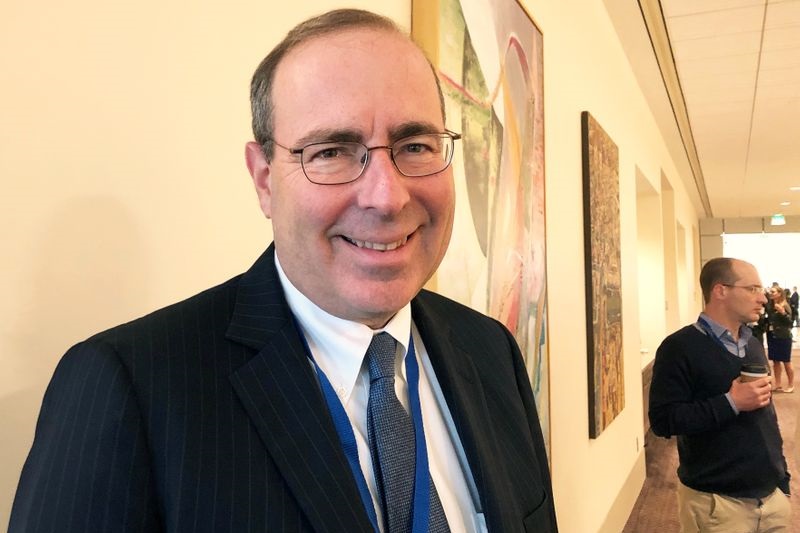German construction sector still in recession, civil engineering only bright spot
Investing.com -- A senior Federal Reserve official has warned that the US economy is now more susceptible to inflationary shocks, as businesses prepare for potential economic shifts under Donald Trump’s return to the White House.
Tom Barkin, president of the Richmond Fed and a voting member of the Federal Open Market Committee this year, told the Financial Times that while inflation is likely to continue declining, recent progress has slowed, as indicated by monthly government data.
He expressed concern over businesses passing on costs to consumers more readily than in previous years, although not as aggressively as during the pandemic. This shift, Barkin noted, is contributing to persistent pricing pressures.
“We’re somewhat more vulnerable to cost shocks on the inflation side, whether they be wage-[related] or otherwise, than we might have been five years ago,” he said.
Barkin, who previously served as chief risk officer at McKinsey, highlighted businesses’ apprehensions about Trump’s proposed tariffs and immigration policies, which could have inflationary effects. “I can see why the businesses think that,” he said, while adding that Trump’s emphasis on boosting domestic energy production “might be disinflationary.”
US economists share these concerns, cautioning that broad tariffs on imports could stoke inflation depending on their implementation. They also warn that mass deportations could drive up prices while hindering economic growth, potentially triggering stagflation. However, Trump and his advisers dispute these claims, arguing that deregulation and tax cuts will strengthen the economy without fueling inflation.
Barkin emphasized that the Federal Reserve should not preemptively adjust its monetary policy in response to anticipated changes in government policy. “We shouldn’t try to solve it before it happens,” he said.
The Fed has already reduced interest rates twice this year and is considering another cut at its December meeting. Fed Chair Jay Powell recently stated that the central bank is in no rush to push rates to levels that might curb growth, citing the economy’s resilience.
While Barkin declined to speculate on the December meeting’s outcome, he stressed that future decisions will rely on incoming economic data. “If you’ve got inflation staying above our target, that makes the case to be careful about reducing rates,” he said. “If you’ve got unemployment accelerating, that makes the case to be more forward-leaning.”
Describing the Fed’s recent actions as a “recalibration,” Barkin suggested that questions around the pace of rate adjustments would become more relevant as the Fed approaches a “normalization phase,” bringing monetary policy closer to a “neutral” stance.
